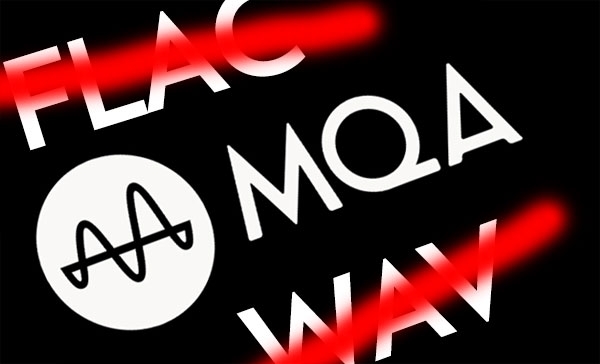| Columns Retired Columns & Blogs |
this is the way forward...no data can be considered "free" anymore, and tech like blockchain, digital currency, AI (machine learning, if you'd prefer), etc. & the "cloud"-- will ensure that every use of data can be accounted for, certainly in terms of "ownership"....just not the end-user/consumer's ownership...
End-user physical storage & end-user ownership rights to the data on that storage medium, thy days are numbered...















































